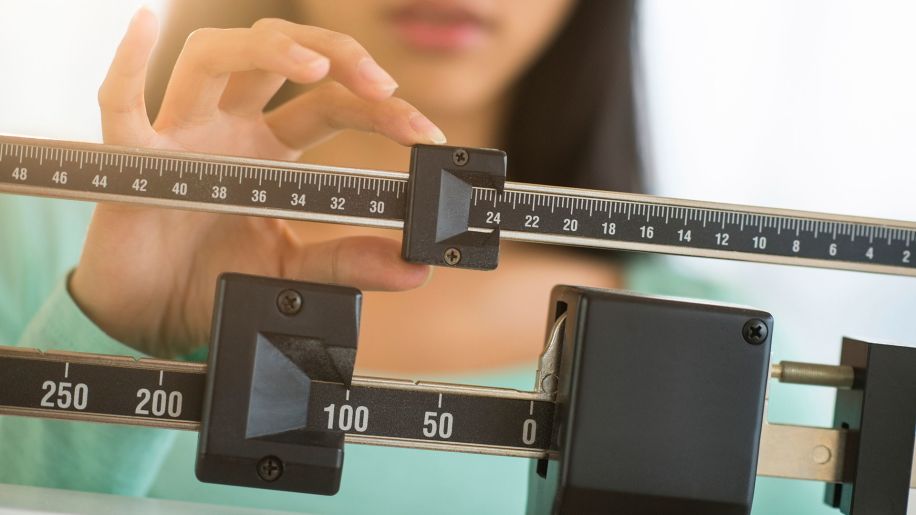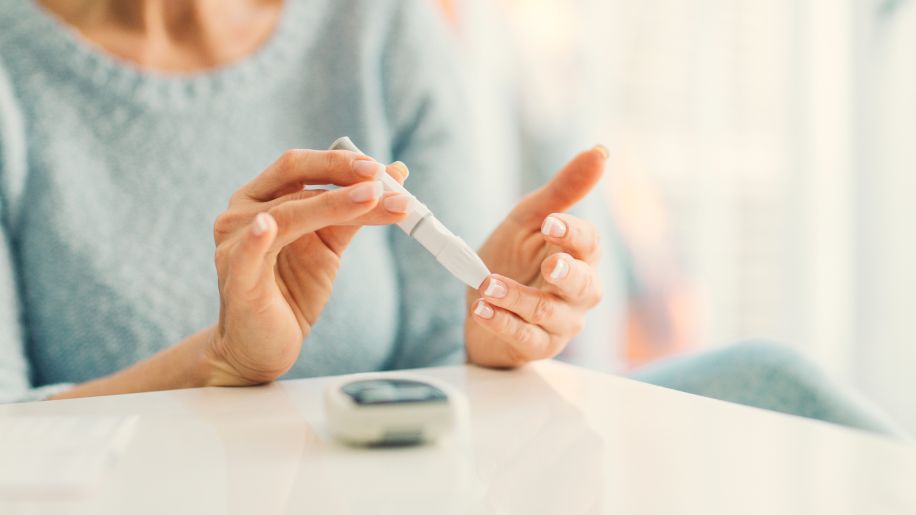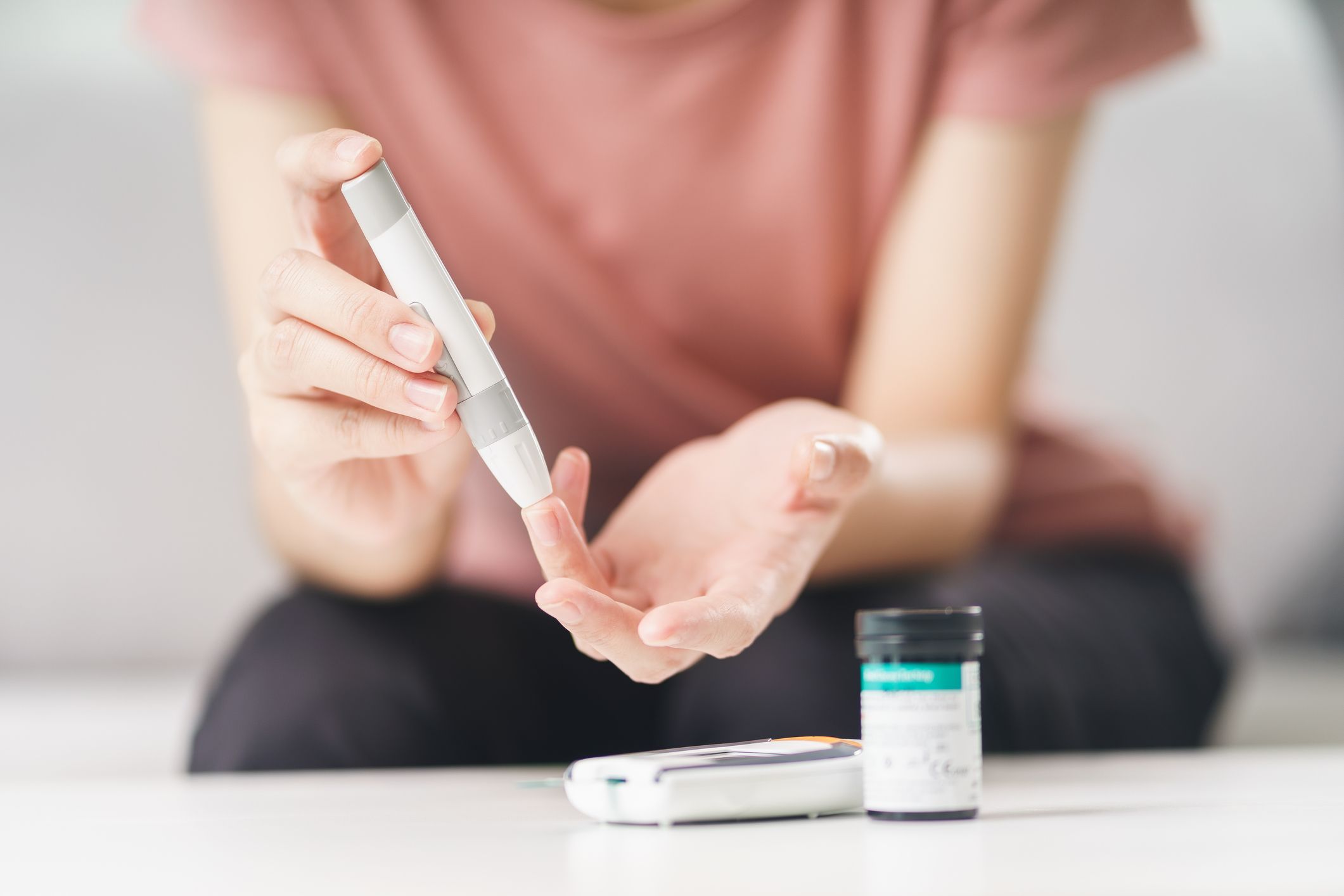8 questions to ask your healthcare provider about diabetes
Find out what's important to discuss at your next appointment.

Having diabetes is difficult, but here's encouraging news: Aggressively managing your diabetes can make your RealAge up to 7.3 years younger. Whether you've just been diagnosed with diabetes or you've had it for a while, your healthcare provider (HCP) can guide you through the steps to live better with diabetes. That may include everything from how to manage your prescriptions to understanding how diabetes affects the rest of your health. Start by asking your HCP these eight questions about diabetes treatment.

Should I work with a certified diabetes educator?
Wondering how to read a food label, manage your frustration with diabetes, or build exercise into your day? If so, a certified diabetes educator (CDE) can help. A CDE is a healthcare professional trained to help people with diabetes improve their health and cope with the challenges.
"A CDE may be the single most important provider to ensure success in living well with diabetes," says Gregg F. Gerety, MD, an endocrinologist in Albany, New York. "Working with a diabetes educator leads to a better understanding of what diabetes is and how it can be best managed to live well and remain problem-free. The patients who do best have the right treatment tools and self-management skills."

What are my numbers?
Knowing your ABCs (A1c, blood pressure, and cholesterol levels) is important when you have diabetes, says Melinda Maryniuk, RD, CDE, a certified diabetes editor and former director of clinical and education programs at the Joslin Diabetes Center in Boston. Understanding your goals helps you take steps to bring those numbers down.
"The more you know and understand about how your body works, the more motivated you are to do something to continue to improve your health," Maryniuk says. A1c, which is a measure of your average blood glucose level over the previous three months, is especially important because it tells you how well your blood sugar is being controlled. Lowering your A1c by just one point can reduce your risk for long-term diabetes complications by 40 percent, according to the American Diabetes Association.

What should I do for exercise?
Regular physical activity is critical for people with diabetes. "Exercise makes body cells more sensitive to insulin, which helps lower blood glucose," Dr. Gerety says. "It also lowers blood pressure, improves lipids, and burns calories, which helps with weight loss. It improves your overall sense of well-being, so it helps control stress." Ask your HCP which types of exercise are best for diabetes. Even taking three 10-minute walks a day can help lower your blood glucose level.

How can I lose weight?
Roughly 89 percent of people who have type 2 diabetes are overweight or obese, according to data from the Centers for Disease Control and Prevention. Losing even a little of the extra weight can help improve insulin sensitivity. (In people who have prediabetes—a state in which blood glucose is elevated but not high enough to be diabetes—losing just 7 percent of your body weight with diet and exercise helps reduce the risk of progressing to full-blown diabetes.) Ask your HCP for specific weight loss programs that have helped other diabetes patients.
"People know intuitively what they need to do to lose weight," Maryniuk says. "But they’re often more successful if they have support from a program like Weight Watchers, or just having your doctor check in."

How often should I check my blood sugar?
Checking your blood glucose (blood sugar) is an important way to gauge how well you’re managing your diabetes. How often you check typically depends on whether you’re taking insulin or oral diabetes medications, says Betul Hatipoglu, MD, Director of the Diabetes Center at University Hospitals Cleveland Medical Center.
"Even for people who take no medications, it’s always good to know what’s going on in your body," she says. "Blood sugars are like light in a dark tunnel. It’s information against your enemy. If you don’t have information, you can’t fight as well as you can. Are you going up? Are you doing well? It gives you a snapshot of how you’re doing."

How will I know if my blood sugar level is low?
Almost everyone with diabetes experiences low blood sugar, or hypoglycemia, at one time or another. If your blood sugar gets too low, you’re at risk of losing consciousness, which can be dangerous. The key is to recognize the symptoms of hypoglycemia and treat them before your blood glucose level drops too low. People on the brink of hypoglycemia often feel shaky, dizzy, and weak. Ask your HCP about strategies to quickly boost your blood sugar by eating carbs—a half-cup of juice, for instance—or taking an injection of glucagon, a blood-sugar-raising drug prescribed by your HCP.

How do I avoid diabetes complications?
Over time, high blood glucose levels boost the odds that you’ll have diabetes complications, such as heart disease, kidney disease, and neuropathy (nerve damage), so it’s important to ask your HCP about ways to avoid these problems.
"Keeping blood glucose levels down is the best insurance to guard against complications," Maryniuk says. Since heart disease is the most common diabetes complication, she adds, keeping blood pressure close to your target will help protect your heart health. Also, ask your HCP about the tests and exams you need, such as kidney function tests, eye exams, and dental visits.

Who should be on my diabetes healthcare team?
Assembling a strong team of medical experts is critical to good diabetes health care. Although most of your visits may be with your primary care doctor, you may also need to see other specialists, such as an endocrinologist, eye doctor, podiatrist, certified diabetes educator, and dentist. It also doesn’t hurt to befriend your local pharmacist, too, and/or seek out advice from a dietitian. Ask your HCP for referrals.
Working with a team—with you as the captain—will allow you to create a custom plan that helps you take charge of your diabetes.

Centers for Disease Control and Prevention. Steps to Help You Stay Healthy With Diabetes. Page last reviewed: August 10, 2021.
American Diabetes Association. Diabetes Advisor. Understanding Your A1C Test. Accessed July 22, 2022.
Centers for Disease Control and Prevention. National Diabetes Statistics Report: Estimates of Diabetes and Its Burden in the United States. 2020.
Centers for Disease Control and Prevention. Prediabetes – Your Chance to Prevent Type 2 Diabetes. Page last reviewed: December 21, 2021.
Featured Content

slideshow

slideshow

article

slideshow
